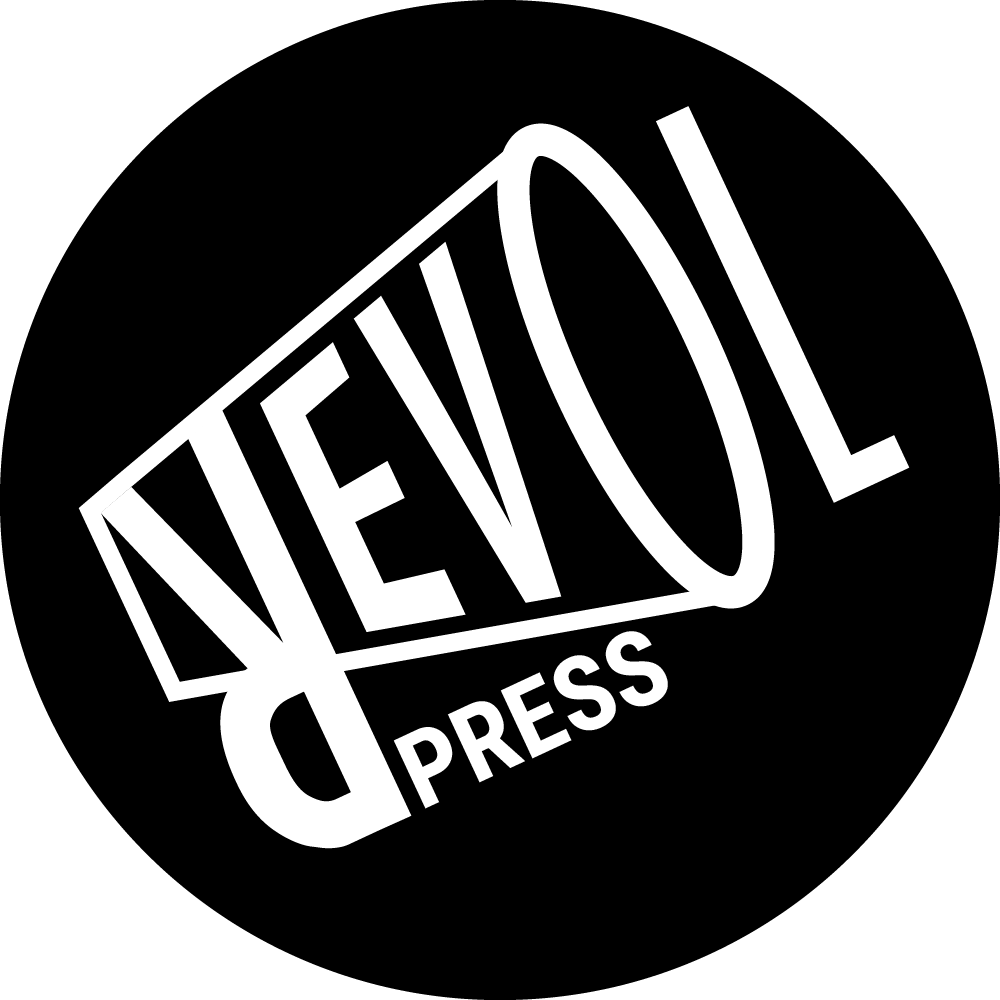What’s Left of Metal? — Call for Contributions
What’s Left of Metal?: A compendium from Revol Press
Call for contributions
Heavy metal and the political left have a complex relationship. Metal is well-known for its “radical toleration” (Berger 1999) of all manner of reactionary practices and beliefs, from casual misogyny to far-right organizing. Yet metal also features a strong current of prescient social criticism, identifiably leftist subgenres, and a widespread DIY ethos, albeit not to the same degree as punk, which is broadly aligned to the anarchist left.
In the past decade, many metal artists have become more stridently politicized, whilst metal music has become more culturally legitimate and socially accepted in the Global North. In many ways, metal is losing its reactionary edginess as it is further recuperated, even as a disturbing kernel of violence remains. How does it shake its status as typical yet ultraviolent in a world that has become as bludgeoningly repetitive as the music has frequently predicted?
With all this in mind Revol Press offers a provocation - What’s Left of Metal?
In the first sense, which aspects of metal culture relate to leftism (and vice versa)? What is “metal” about leftism, and what is “left” about metal? Is metal mere entertainment for the left? Or is its core message of resistance and camaraderie at base an incendiary leftist one? The possibility of the left mobilizing metal as part of its project is intriguing — but how might this work? Does a left future have a place for metal? What overtly leftist messaging can be seen in metal, and does it matter that some of it comes from centrist bands and “apolitical” individualists?
In the second sense, what remains of metal after fifty-five years? To what extent has this cultural form been weaponized, recuperated, commodified - and are these processes inimical to metal? What lies ahead for metal in an era of permanent crisis?
This volume aims to gather voices from three distinct perspectives: left commentators and organizers who enjoy metal, metallers who engage in left politics, and metal scholars exploring the left-metal relationship. In one sense we are interested in exploring what metal offers the left — cultural tools, ways of seeing and being, intense and extreme experiences. But this juxtaposition of perspectives also encourages a critical understanding of heavy metal, building on the work of metal music studies. While metal’s successes with the left should be discussed and upheld, we are also keen to provide troubling analyses and dark turns. We welcome work that uses the critical theory tradition in all its vagaries - early Modernist Aesthetics, Frankfurt School, Psychoanalytic Theory, Acephale, Poststructuralism, Ljubljana School, CCRU, etc.
The three sections are below with suggested approaches. Original proposals are also encouraged.
The Left on Metal
Considering how metal fandom informs, supports, complicates, or contradicts the leftist political beliefs and works of left commentators and organizers — what are the interrelations between these cultures/spaces?
Recalling experiences on the left which have a “metalness”
Considering how the left deals with its “metal” aspects and how this might be changed by further interconnection between left and metal cultures
Nostalgic reflection on how metal aided in the formation of countercultural or left tendencies during the crucial period of teen socialization, as released or controlled libidinal impulses
Metal on the Left
Considering how metal and leftist politics interact within music industry and metal scene spaces, including activism or political organizing
Recalling experiences within metal that indicate its left potentials (or conversely, how these potentials are constrained)
Discussing what the left could learn from metal affects, techniques, and modes of being, derived from your understanding of “metalness”
Critical Metal Studies
Identifying points of conjunction between metal culture and critical theory concepts, approaches and praxis
Applying critical theory approaches to metal culture, scenes, and spaces, including aesthetic and psychoanalytic analyses
Discussing the use of metal concepts, aesthetics, and approaches in critical theory and the imagination of a future left politics
English language abstracts of no more than 300 words should be submitted to revol@revolpress.com October 31st 2024. We will notify contributors of their acceptance status by December 25th. Subsequent text deadlines by March 21st (negotiable).
Editors:
David Burke
Jason Myles
Mike Watson
